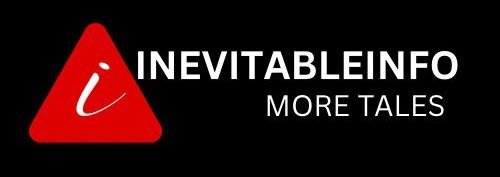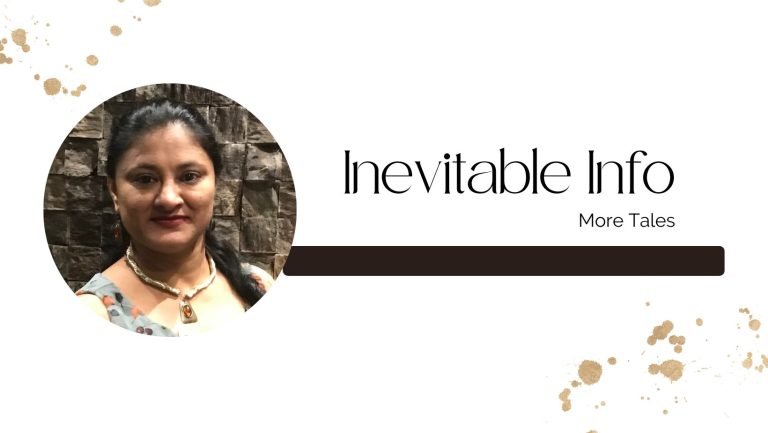Introduction
Success means achieving a goal or getting what you want. It can be about many different things, like work, relationships, learning, health, or money.
Success is important because it helps you feel good about yourself and what you’re doing. When you have something to work towards and you do it, you feel proud of yourself. This makes you feel better about who you are and what you can do.
Success also makes life more fun and interesting. When you achieve your goals, you feel happy and fulfilled. You enjoy what you’re doing more, and you feel like you’re making progress in life.
Overall, success is important because it helps you feel good about yourself, makes life more enjoyable, and gives you a sense of purpose and direction and for that you must read books .
Success is not measured by what you accomplish, but by the opposition you have encountered, and the courage with which you have maintained the struggle against overwhelming odds.” – Orison Swett Marden
“Think and Grow Rich” by Napoleon Hill –
This book provides practical advice on how to achieve success in any area of life by focusing on positive thinking, goal-setting, and success principles. It covers topics such as the power of desire, the importance of persistence, and the role of the subconscious mind in achieving success.
“The 7 Habits of Highly Effective People” by Stephen Covey –
This book offers practical tips on personal effectiveness, including time management, communication, and building strong relationships. Covey emphasizes the importance of living a principled life and aligning one’s actions with one’s values.
“How to Win Friends and Influence People” by Dale Carnegie –
This classic book provides practical strategies for building relationships and communicating effectively. It includes tips on making a good first impression, becoming a better listener, and handling difficult conversations.
“Man’s Search for Meaning” by Viktor Frankl –
This powerful book chronicles Frankl’s experiences as a concentration camp survivor and explores the idea that finding meaning and purpose in life can help us overcome even the most difficult circumstances.
“The Power of Positive Thinking” by Norman Vincent Peale –
This self-help book teaches readers how to cultivate a positive mindset to overcome obstacles and achieve their goals. It includes techniques such as visualization, affirmation, and positive self-talk.
“The Alchemist” by Paulo Coelho – This novel tells the story of a young shepherd on a journey to discover his personal legend, inspiring readers to pursue their own dreams and goals. It explores themes such as personal transformation, the power of the universe, and following one’s heart.
“The 4-Hour Work Week” by Tim Ferriss –
This book offers practical tips on how to maximize productivity and achieve a work-life balance, allowing readers to work smarter, not harder. It includes techniques such as outsourcing, automation, and time management.
“Outliers: The Story of Success” by Malcolm Gladwell –
This book challenges traditional notions of success and argues that success is also influenced by luck, timing, and opportunities available in one’s environment. It uses real-life examples to illustrate its points.
“The Lean Startup” by Eric Ries –
This book provides practical advice on how to start and grow a successful business by adopting a “lean” approach, which emphasizes continuous experimentation and customer feedback. It emphasizes the importance of creating a minimum viable product (MVP) to test ideas and iterate quickly.

“Atomic Habits” by James Clear –
This book provides a practical guide to building good habits and breaking bad ones. It emphasizes focusing on small, incremental changes, rather than big, dramatic transformations, and includes strategies for creating new habits and breaking old ones.














 2023
2023  by us | All Rights Reserved
by us | All Rights Reserved